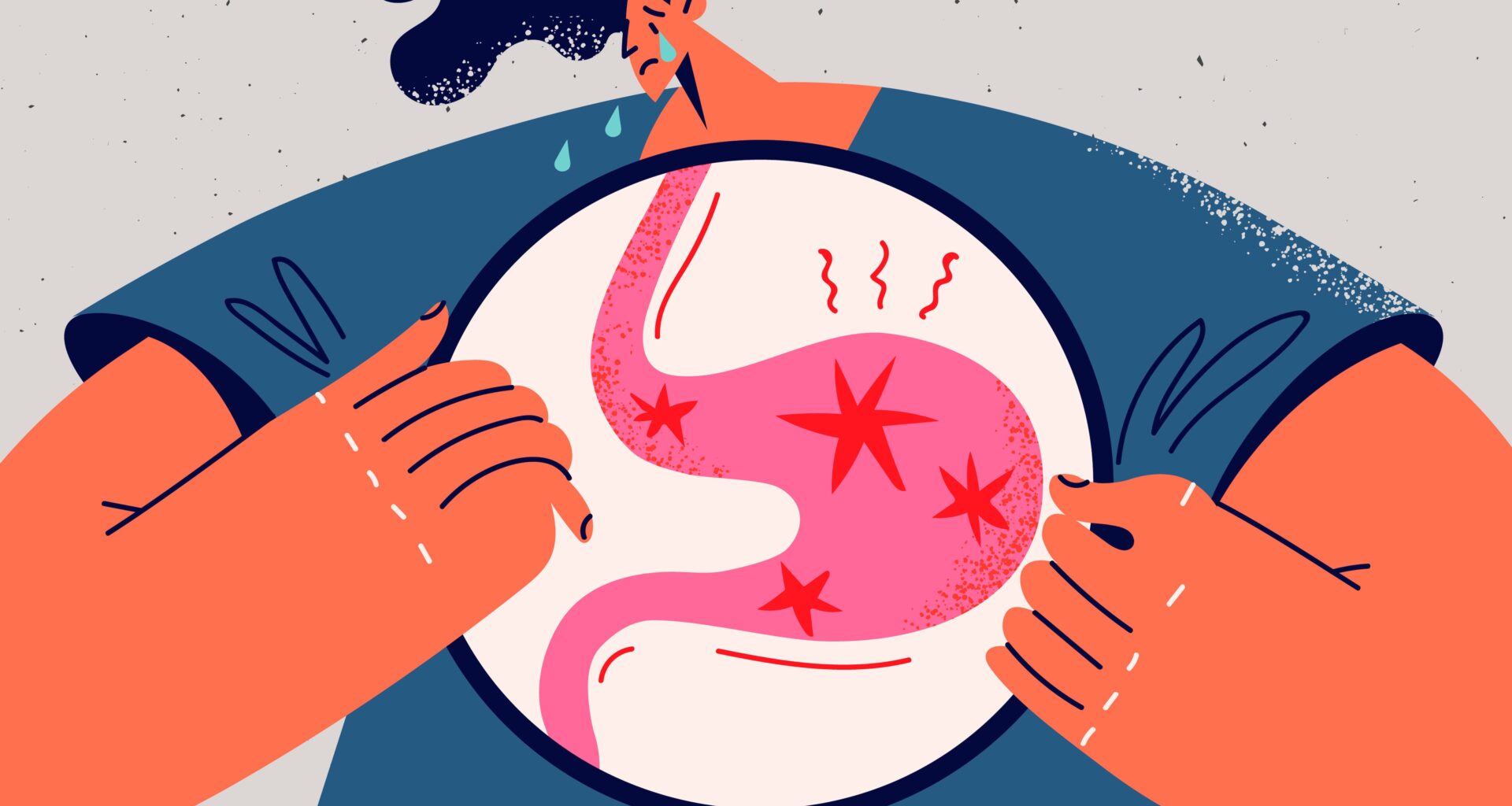New Zealanders under 50 are being diagnosed with bowel cancer too late and too often, according to a new nationwide report from Bowel Cancer New Zealand.
The Never Too Young report highlights widespread gaps in awareness, late-stage diagnoses and the personal and financial toll of treatment during life’s busiest years.
Bowel cancer is the second-deadliest cancer in New Zealand and the leading cause of cancer death among people under 50.
Around 3300 New Zealanders are diagnosed with bowel cancer each year and 1200 die from the disease, yet when caught early it is more than 90% curable.
The report brings together the experiences of more than 350 New Zealanders diagnosed under the age of 50 and calls for earlier detection, fairer access to testing and greater awareness among the public and healthcare professionals.
Launched as part of Bowel Cancer NZ’s Never Too Young campaign this November, the report aims to challenge misconceptions that bowel cancer only affects older people.
Key findings include half of respondents not knowing the symptoms before diagnosis, inconsistent access to testing and a high proportion of late-stage diagnoses.
Nearly 45% of respondents had to stop work temporarily and more than half were unable to continue working at the time of diagnosis.
Two-thirds reported ongoing fatigue, anxiety or depression, and many described negative impacts on body image, fertility and relationships.
Lowering the national bowel-screening age to 45 would have made one-third of respondents eligible for screening, potentially leading to earlier detection.
Bowel Cancer NZ chief executive Peter Huskinson said too many younger patients were told they were “too young” for bowel cancer.
“By the time they were diagnosed, it was advanced,” Huskinson said.
He said major change was needed to raise awareness and ensure people of all ages were taken seriously when they sought help.
Rates of bowel cancer among younger New Zealanders are growing faster than anywhere else in the world, yet there is no clear national strategy to address early-onset cases.
Huskinson said the organisation’s costed plan to begin screening at 45, shared with the Government earlier this year, would detect six in ten early-onset cases before symptoms develop.
Bowel Cancer NZ medical advisor, Professor Frank Frizelle, said early-onset bowel cancer was a growing public health issue requiring urgent action.
“The experiences shared in this report reveal the human cost of delayed diagnosis and the moral imperative for change,” Frizelle said.
Bowel Cancer NZ is calling for evidence-based action to improve outcomes for younger people, including lowering the screening age, increasing awareness and ensuring faster, fairer pathways to diagnosis.
The organisation also stressed the need to understand Māori and Pasifika experiences to ensure equitable responses.
“Early diagnosis saves lives,” Huskinson said.
The Never Too Young report is available at nevertooyoung.org.nz.

